Author: iamrifat
-
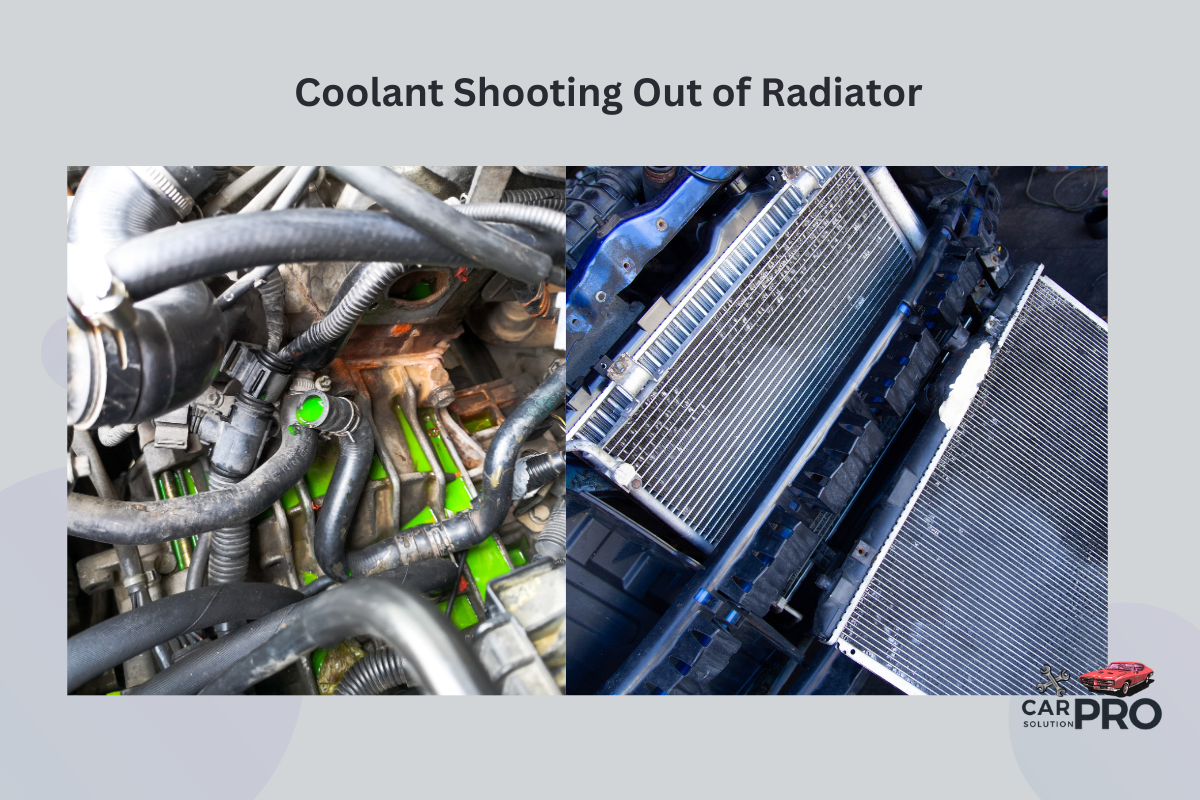
Coolant Shooting Out of Radiator: Causes and Quick Fixes for Overheating Engines
Coolant shooting out of a radiator is a serious issue that can lead to engine damage if not addressed quickly. This problem often occurs when there’s too much pressure in the cooling system. The most common causes include a faulty radiator cap, a blown head gasket, or a cracked engine block. If you notice coolant…
-

How to Reset Service Engine Soon Light Chevy Silverado: Quick Guide for Truck Owners
The “Service Engine Soon” light on your Chevy Silverado can be a source of worry for many drivers. This warning signal often indicates that your vehicle needs attention, but it doesn’t always mean a major problem. Knowing how to reset this light can save you time and money. There are several ways to reset the…
-

Can You Mix Synthetic Brake Fluid with Regular Brake Fluid: Understanding Compatibility and Risks
Brake fluid is a crucial component of your vehicle’s braking system. Many car owners wonder if they can mix different types of brake fluid when topping up or changing their brake fluid. This question often comes up when considering synthetic versus regular brake fluids. You can mix synthetic brake fluid with regular brake fluid, but…
-
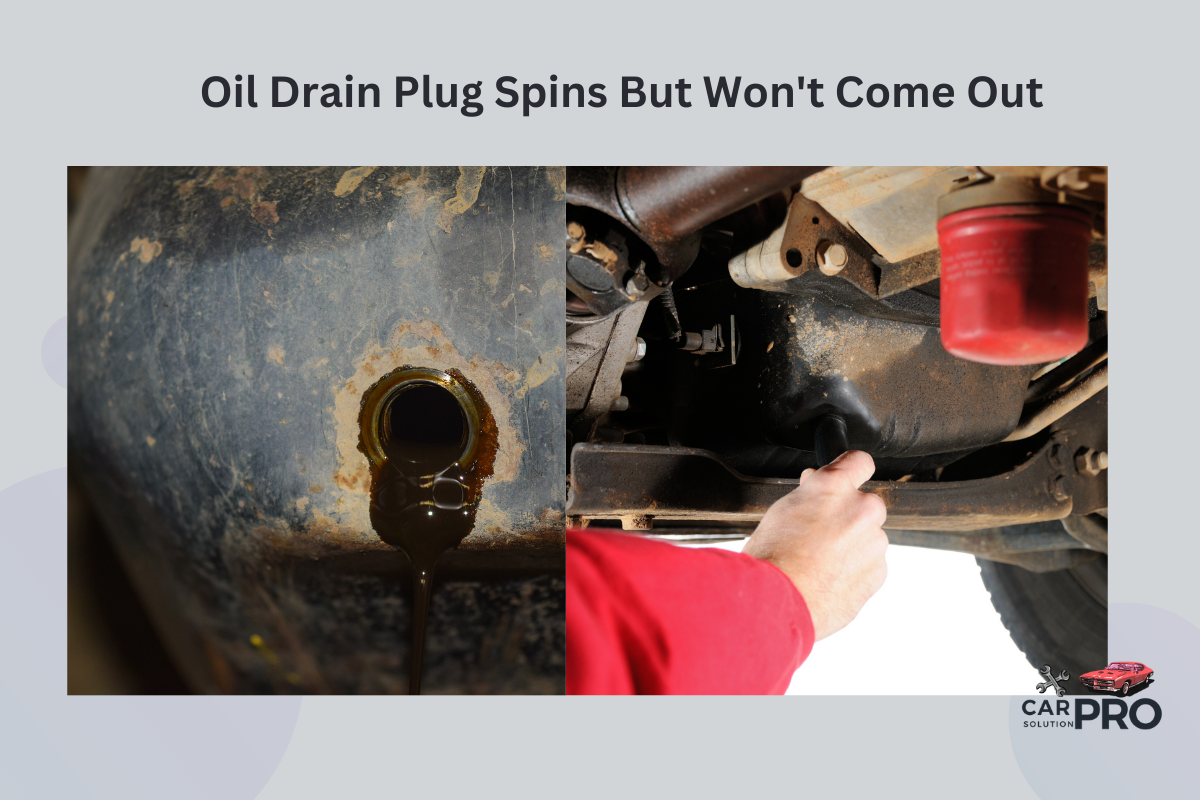
Oil Drain Plug Spins But Won’t Come Out: Common Causes and Solutions
Changing your car’s oil is a routine task, but sometimes it can become frustrating when the oil drain plug spins freely without coming out. This issue can cause delays in maintenance and lead to potential engine problems if not addressed properly. The most common cause of a spinning oil drain plug is stripped threads on…
-
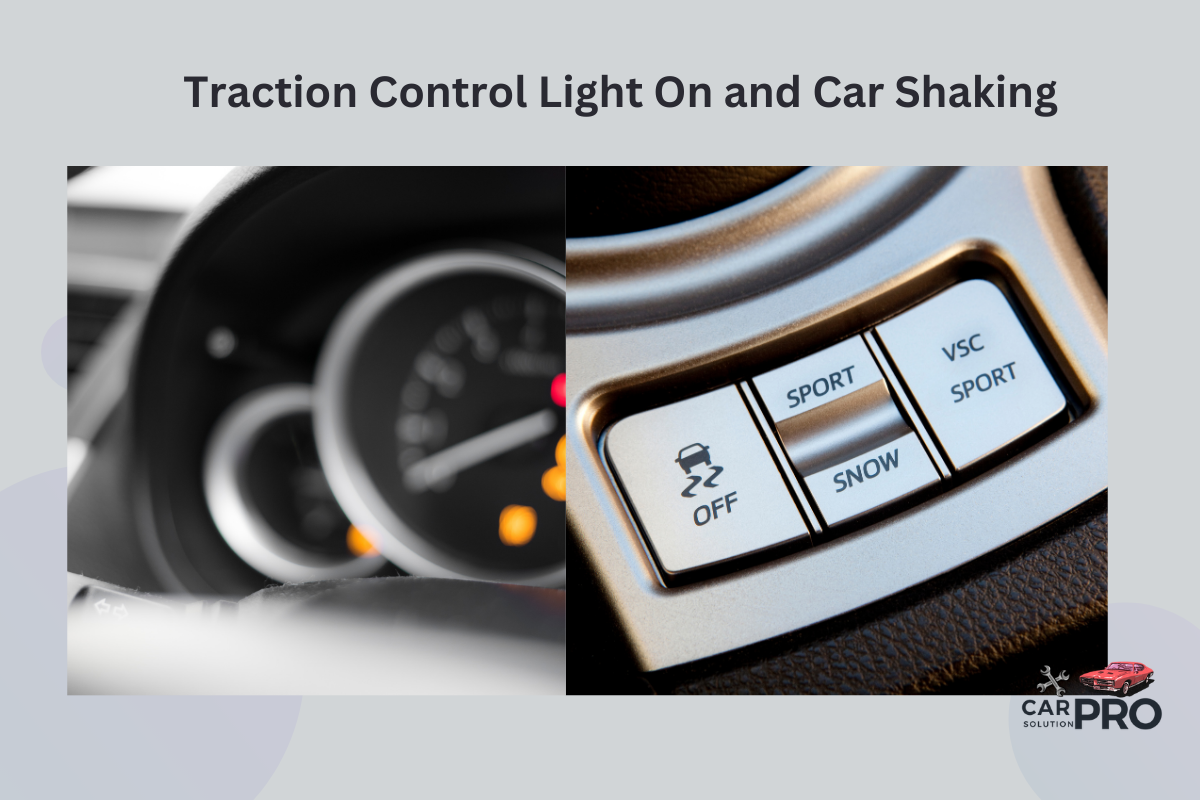
Oil Leak on Alternator: Causes and Quick Fixes for Your Vehicle
An oil leak on an alternator can be a serious issue for your car. It may seem harmless at first, but it can lead to big problems if left unchecked. Oil leaks can damage the alternator and cause it to fail, leaving you stranded. An oil leak on an alternator is often caused by failed…
-
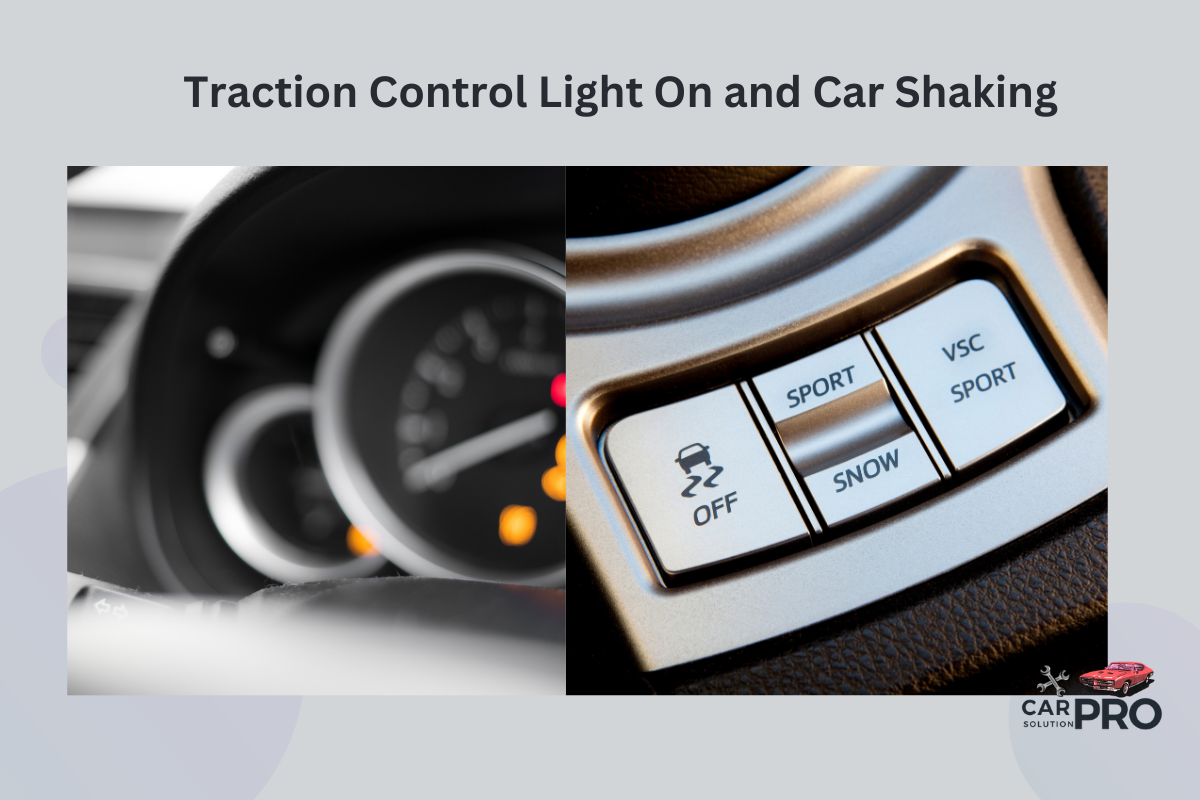
Traction Control Light On and Car Shaking: Causes and Solutions
Is your car shaking and the traction control light on? This can be scary and confusing for drivers. The most common cause is a faulty wheel speed sensor, which can cost $143-$172 to replace plus labor. The traction control system helps keep your car stable on slippery roads. When it’s not working right, you may…
-

Why Car Swaying After New Tires: Common Causes and Solutions
New tires should make your car feel stable and secure. But sometimes, drivers notice their car swaying after getting new tires. This can be scary and make you wonder if something went wrong. Car swaying after new tires can happen due to loose lug nuts, overinflated tires, incorrect wheel alignment, tire defects, uneven tire pressure,…
-
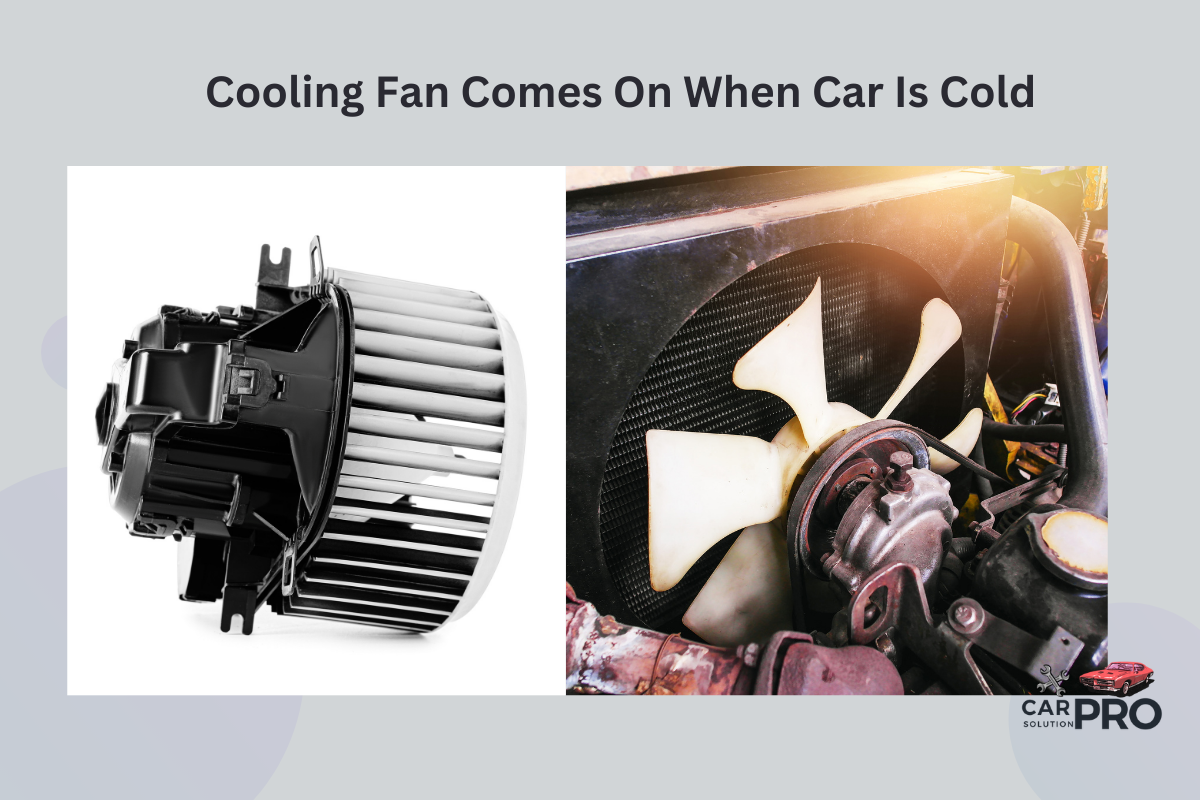
Cooling Fan Comes On When Car Is Cold: Causes and Solutions for This Common Issue
A car’s cooling fan plays a crucial role in regulating engine temperature. When it turns on unexpectedly while the engine is cold, it can be confusing and concerning for drivers. The cooling fan comes on when a car is cold due to issues like a faulty coolant sensor, stuck fan relay, or wiring problems. This…
-
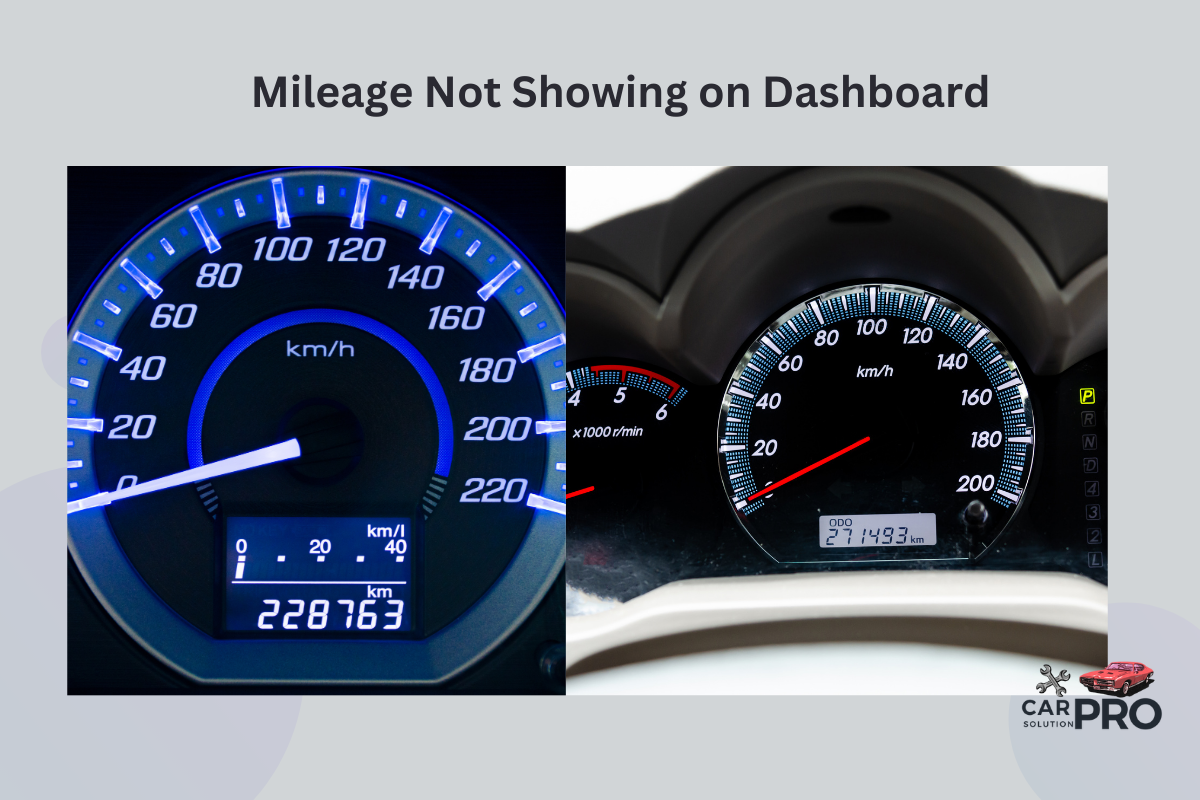
Mileage Not Showing on Dashboard: Quick Fixes for Vehicle Display Issues
Driving down the road and noticing your car’s mileage isn’t showing on the dashboard can be concerning. This issue affects many drivers and can range from a minor inconvenience to a potentially serious problem. A non-functioning mileage display is often caused by a faulty odometer, outdated software, or electrical issues in the instrument cluster. Fixing…
-

Lucas Oil Stabilizer Problems: Common Issues and Solutions Explained
Lucas Oil Stabilizer is a product used to improve engine performance and longevity. Some car owners love it, while others worry about potential problems. The most common issues with Lucas Oil Stabilizer include bubble formation, increased oil thickness, and possible engine damage if used incorrectly. People use this additive to reduce friction and wear in…
